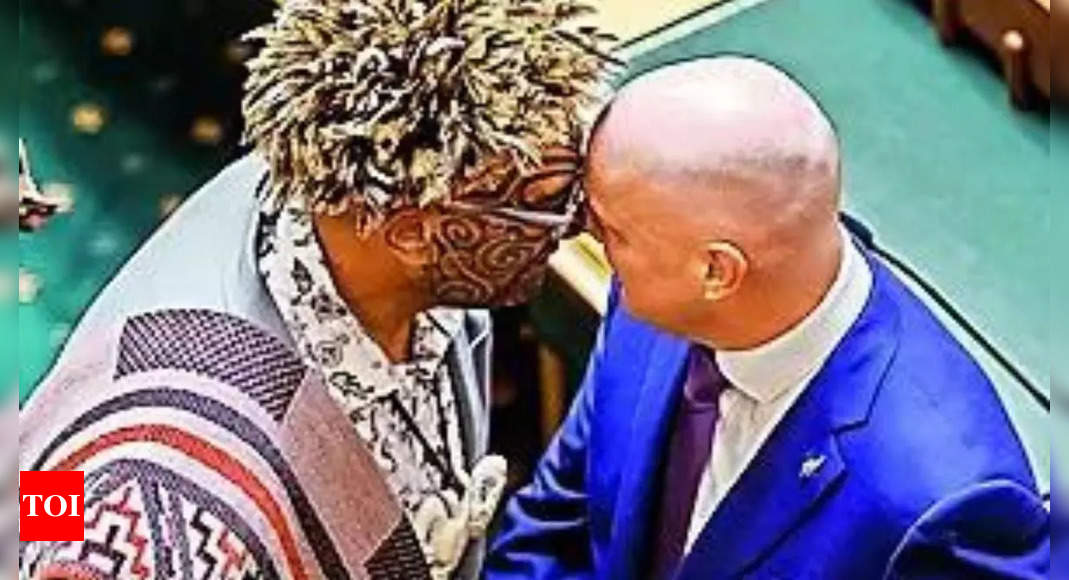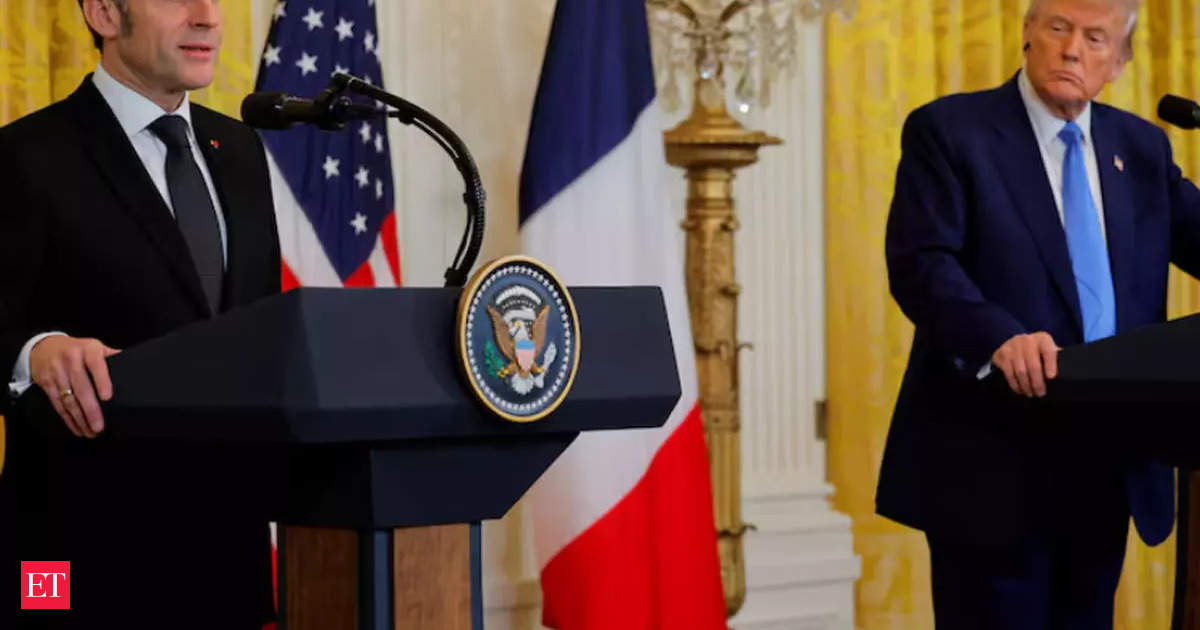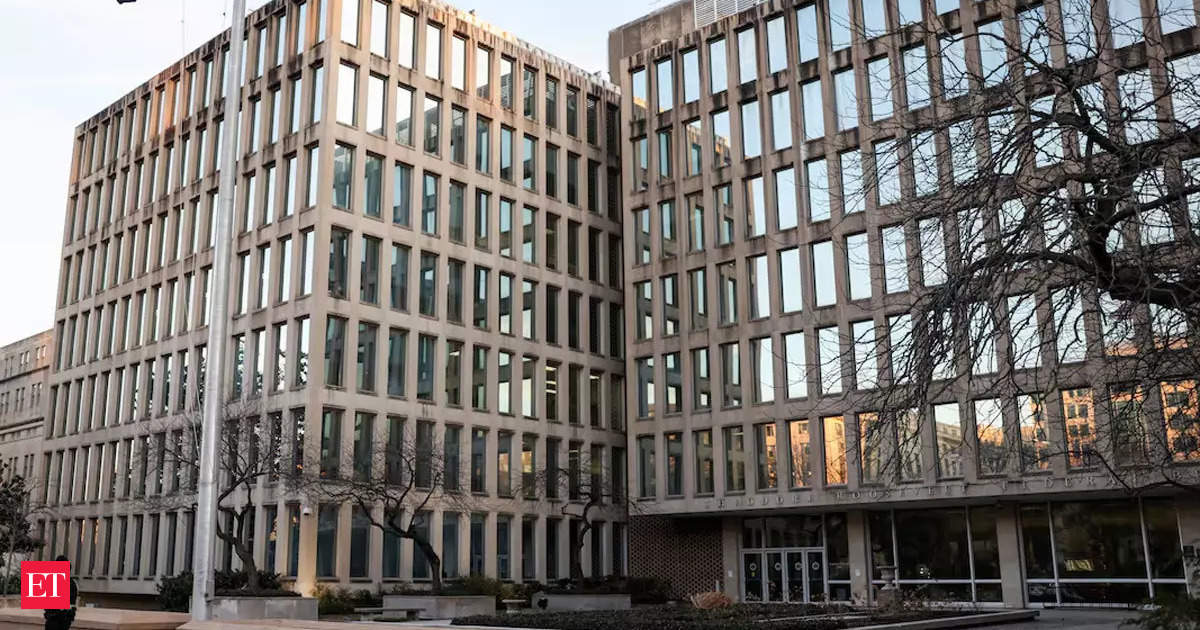It is a rarity among nations that were once colonised: a country that widely uses its indigenous language, where a treaty with its first peoples is mostly honoured and where indigenous people have permanent representation in the halls of power. But a decades-long push to support Maori, New Zealand’s indigenous people – who lag behind the wider population in health and wealth and have higher incarceration rates – is in peril.
New Zealanders in October elected the country’s most conservative government in a generation, one that wants “equal rights” for every citizen. In practice, this means scrapping a Maori health agency, abandoning policies that benefit the community and ordering officials to stop using the Maori language.
One member of the three-party coalition has floated a possible referendum on the Treaty of Waitangi, an agreement signed by Maori chiefs and the British Crown in 1840. Such a referendum, experts say, could tear at the very fabric of society, send race relations to a new low and undo decades of work that sought to redress historical wrongdoing against Maori, who make up about 17% of the population.
PM Christopher Luxon has rejected such criticism. “It’s pretty unfair, to be honest,” he said this month, adding: “We are going to get things done for Maori and non-Maori, and that’s what our focus is going to be.” In recent days, Luxon has said a referendum on the treaty is unlikely.
His party, National Party, is the largest member of the governing coalition and he must juggle his partners’ desire for wholesale change on Maori affairs with his party’s own reluctance to usher in a potentially divisive vote.
Maori, deeply shaken by the changes, have taken to the streets. Kiingi Tuheitia, the Maori king, said he would host a meeting for Maori in January to “hold the coalition government to account.”











